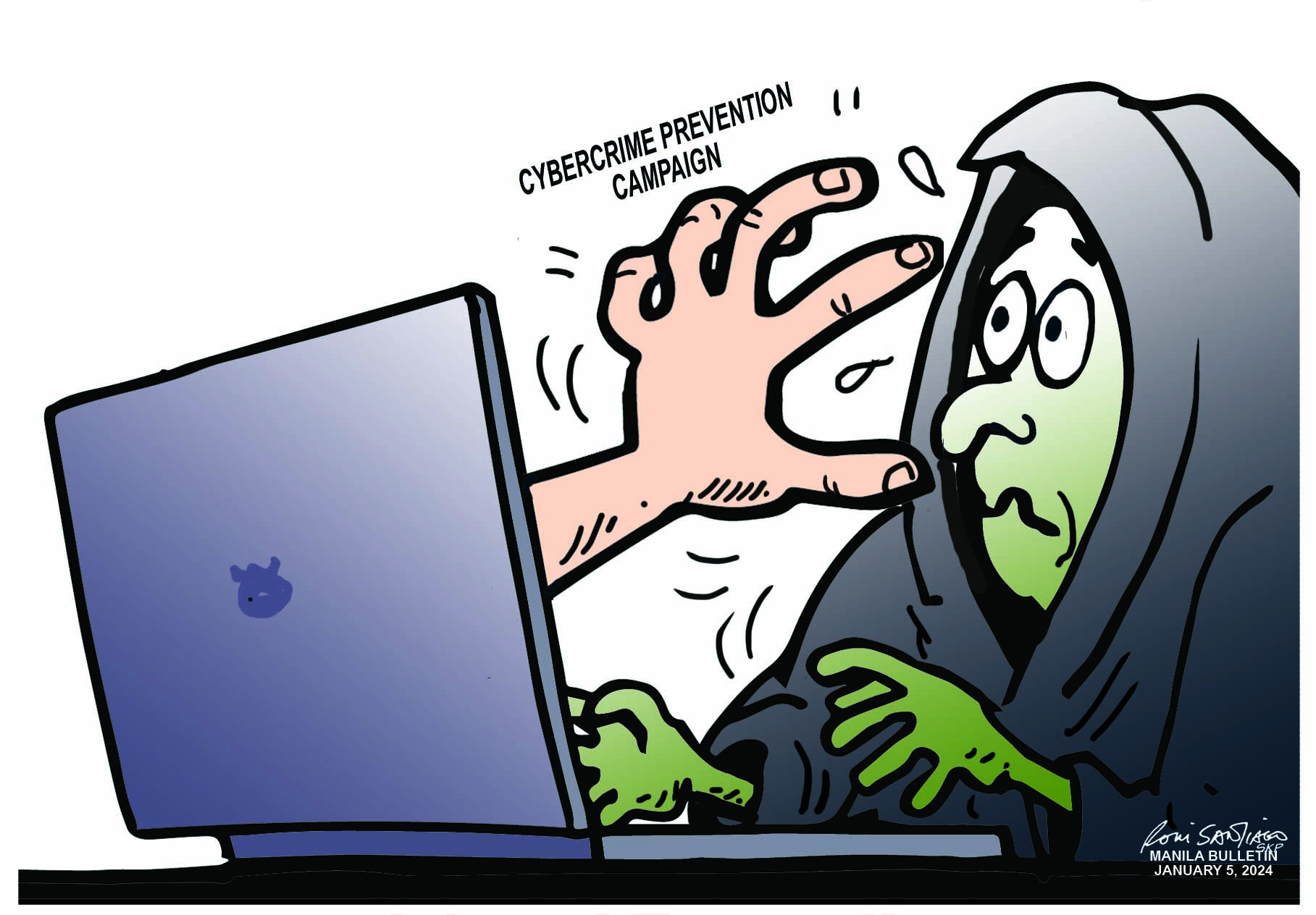
“Crime never sleeps,” so goes a proverb that should remind casual users of social media of the possibility that they could be victims of cybercrime. Despite the laws and the technology to prevent its incidence, cybercriminals still manage to develop ways to hack social media accounts.
The incidence of cybercrime has been rising around the world, especially in developing countries where many remain unfamiliar with the internet and the risks it presents. Law enforcement authorities and the private sector have not been remiss in issuing advisories and conducting information campaigns on the matter.
Late last year, the Philippine National Police (PNP)- Anti-Cybercrime Group (PNP-ACG) had warned of an “upward trend indicating a substantial increase in cases involving Facebook hacking.”
One of the private sector’s initiative, #ScamWatchPH, co-founded by Manila Bulletin (MB) and reputation management brand Truth360, is a cybersecurity movement that aims to educate Filipinos on how to protect themselves against cyber fraud and online scams.
PNP Chief Gen. Benjamin Acorda Jr., in an interview on Jan. 2, disclosed plans to intensify the campaign against cybercrime, noting an increase in the number of scams and other online-related crimes.
He noted that while the volume of street crimes and the eight focus crimes (murder, homicide, physical injury, rape, theft, robbery, car theft and motorcycle theft) declined in 2023, cybercrime, like scamming, is still there.
“So, part of our 2024 plans, looking forward is to intensify the capability enhancement of the police in addressing this aspect of criminality,” he said. The PNP-ACG’s capability to combat online crime has been strengthened by recent personnel training and new equipment. Acorda said there is a need to do more not only in cyber-patrolling and cybercrime solution but also in encouraging the public to trust the PNP’s capability in addressing their concerns.
During the holidays, it was observed that there were more reports of hacking activities especially compromising Facebook accounts where hackers gained entry to one’s contacts list. Through that, the hackers sent messages to the victim’s friends, asking for financial help, a ploy that still works especially if the recipient of the message is a close friend of the victim.
This infamous scheme has been repeated thousands of times and still is able to victimize people, causing much financial loss and broken relationships. When you are the victim of a hacking attack, #ScamWatchPH, the government’s national citizen arm for cybercrime prevention, advises that you report this to the Inter-Agency Response Center (I-ARC) Hotline 1326, a cybercrime response collaboration involving multiple agencies including the Cybercrime Investigation and Coordinating Center (CICC), Department of Information, Communications, and Technology (DICT), National Telecommunications Commission (NTC), National Privacy Commission (NPC), Philippine National Police (PNP), and the National Bureau of Investigation (NBI).
I-ARC Hotline 1326 also serves as a resource to help scam victims recover their accounts. It is also intended to prevent scams by answering inquiries about potential online threats.
Again, we will repeat what tech experts, the PNP-ACG, and #ScamWatchPH have been advising to reduce the risk of unauthorized access to your Facebook account: Enable two-factor authentication; avoid public Wi-Fi when accessing a Facebook account; log out of devices especially those you share with others.
Be active in protecting yourself from online criminals. Remember, crime does not sleep.